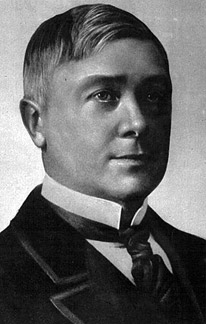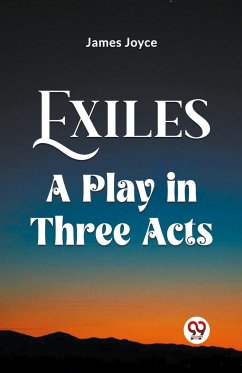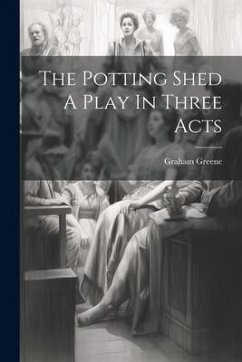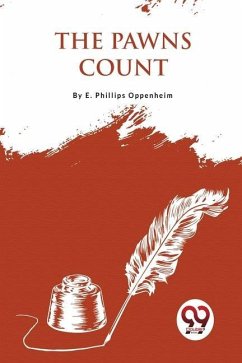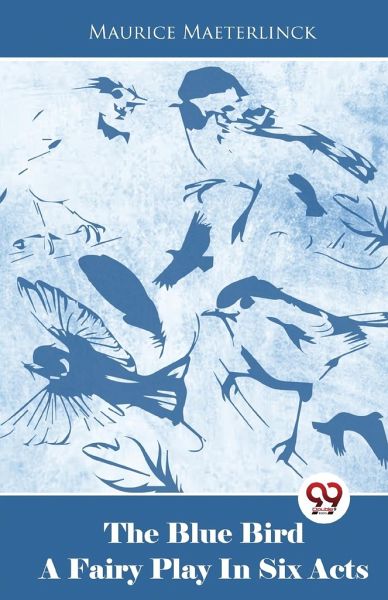
The Blue Bird A Fairy Play In Six Acts

PAYBACK Punkte
6 °P sammeln!
Maurice Maeterlinck, a Belgian dramatist, and poet wrote "The Blue Bird." In order to discover the elusive bluebird of happiness, two kids named Tyltyl and Mytyl are set on a magical journey. A distinct stage of their trip is represented by each of the play's six acts. The fairy Bérylune pays the kids a visit in Act I and assigns them the task of locating the bluebird of happiness. They go on their trip with their dog in Act II, stopping in the Land of Memory along the way to get a glimpse of their history. They visit the Land of the Future in Act III, where they may glimpse what their future...
Maurice Maeterlinck, a Belgian dramatist, and poet wrote "The Blue Bird." In order to discover the elusive bluebird of happiness, two kids named Tyltyl and Mytyl are set on a magical journey. A distinct stage of their trip is represented by each of the play's six acts. The fairy Bérylune pays the kids a visit in Act I and assigns them the task of locating the bluebird of happiness. They go on their trip with their dog in Act II, stopping in the Land of Memory along the way to get a glimpse of their history. They visit the Land of the Future in Act III, where they may glimpse what their futures could hold. They meet their departed grandparents as they go to the Realm of the Dead in Act IV. They are led to the Palace of Night in Act V, where they encounter the blue bird's soul. The children come home with the bluebird in Act VI's concluding scene, which they find out has been with them the whole time. The symbolist drama examines issues of human nature, happiness, and the unanswered questions of life and death.




